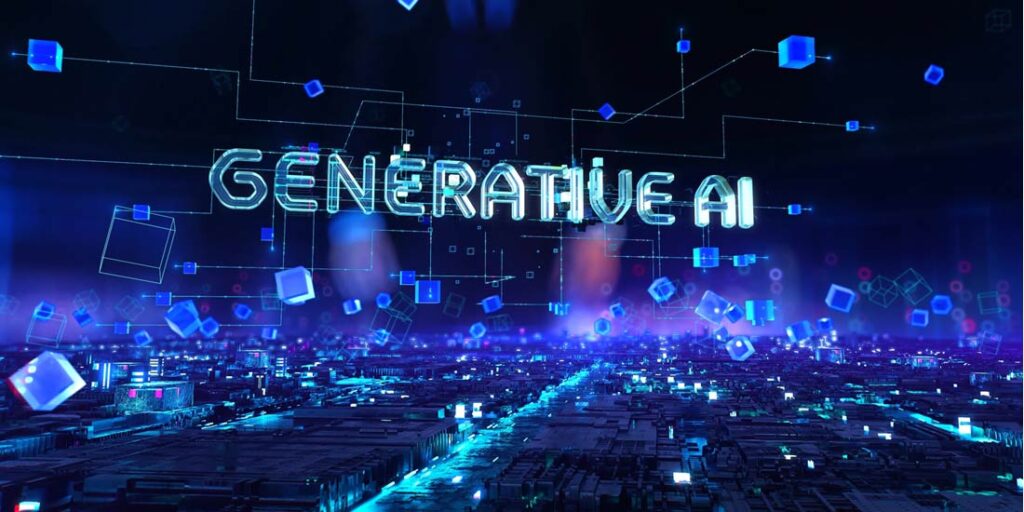
With generative AI top of mind, CIOs should proactively update their overall auditing, operational and strategic approach, according to Sreekanth Menon, Genpact’s VP and Global AI/ML Services leader. Sreekanth also says CIOs should answer the following 11 questions before committing to generative AI. Below he also provides supporting commentary about why each question is important.
- What is the enterprise’s AI maturity? This helps CIOs understand the organization’s positioning in the gen AI landscape.
- What is the current state of the organization’s AI infrastructure? Do the current pipelines accommodate gen AI tools? This supplement to the maturity assessment informs stakeholders of what awaits before setting up a gen AI strategy. It addresses the most pressing questions at the board level, like the profitability of chasing a trend and ROI.
- How adaptive are the pipelines to integrate with gen AI frameworks for reinforcing transparency and ethicality in the solutions? It helps the stakeholders understand the kind of people, processes, and technologies required to adopt new toolkits like gen AI.
- Do the current workforce’s skills overlap with the gen AI circle of competencies? If yes, then by how much and what kind of upskilling initiatives should be orchestrated to meet the demand? Gen AI applications require capabilities like prompt engineering and fine-tuning. Talent with such niche skills can’t be found in the market when the gen AI landscape is in its infancy. So, assessing the in-house skill competency accompanied with a proactive upskilling approach will help convene the right people across the organization.
- In the context of gen AI, what does it cost the company to transform across people, processes, and technology? This helps establish an environment of sanity when the whole industry is chasing a trend.
- What is the sentiment of our top customers towards generative AI? How does the sentiment compare to the sentiment of the overall industry? This, again, will help the organization calibrate its strategies for profitable outcomes.
- What are the foundations of our generative AI strategy? A generative AI strategy is key to orchestrating the right talent and technology to develop effective solutions.
- What are the risks and responsibilities of using generative AI? It is widely known that AI comes with risks. Gen AI, a subset of AI, brings its own risks, such as hallucinations and prompt injections.
- What are the privacy and data security implications of generative AI? Highly sensitive domains such as healthcare require higher privacy and data security levels. Identifying the risks associated with gen AI early into the adoption cycle is important.
- What should the governance practices look like? Governance practices can change with geographies. Every nation or state has its outlook on regulations. The CIO should see that their organization’s governance policies for gen AI do not fall short.
- What does it take to integrate a responsible AI framework? AIleaders have embraced RAI frameworks to mitigate the risks of using AI. With gen AI still in its infancy, the risk taxonomy will evolve. So, CIOs should consider what changes are required to the existing RAI frameworks to make gen AI usage safer.
According to Sreekanth, addressing these questions will allow CIOs to help the board assess IT risks and regulatory compliance and the strategic value that generative AI technology can add. CIOs help by providing information and context to the technology and help plan the right go-to-market strategies.
Sign up for the free insideAI News newsletter.
Join us on Twitter: https://twitter.com/InsideBigData1
Join us on LinkedIn: https://www.linkedin.com/company/insidebigdata/
Join us on Facebook: https://www.facebook.com/insideAI NewsNOW




